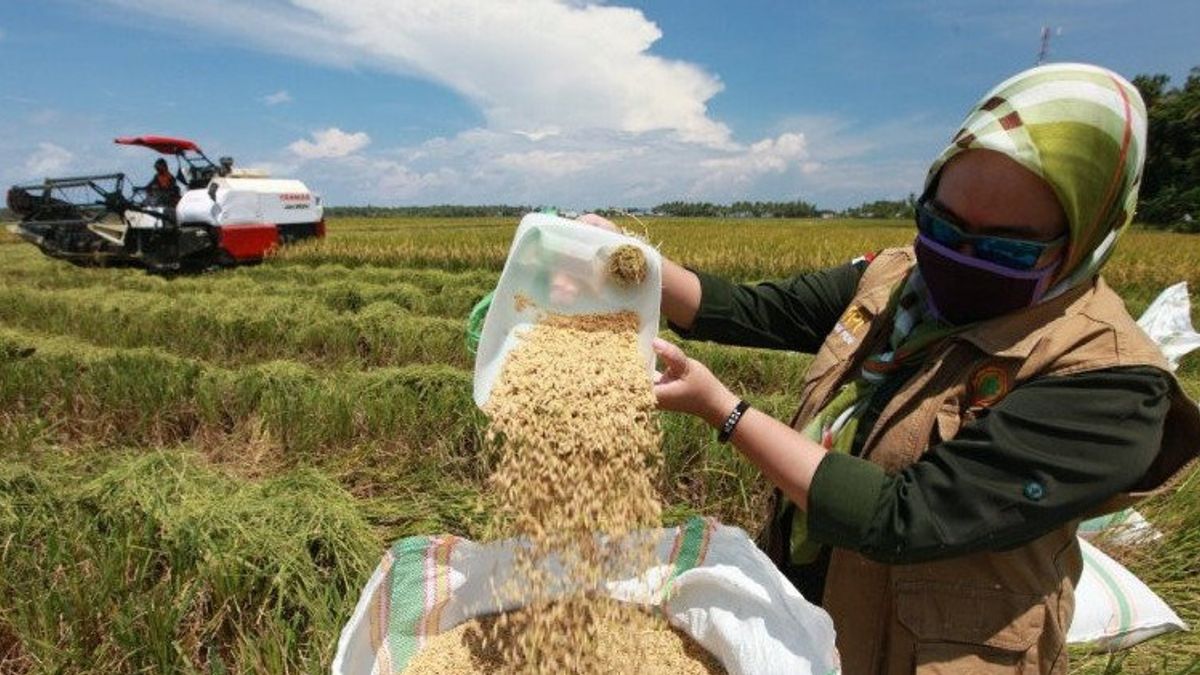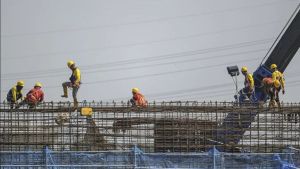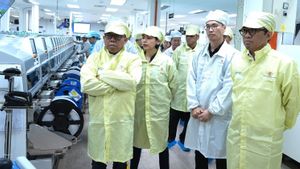JAKARTA - Professor of the Faculty of Economics and Business, Universitas Brawijaya (Unbraw) as well as senior economist Indef Professor Ahmad Erani Yustika suggested five consensus that can be pursued to achieve food security and sovereignty.
In a seminar and book launch entitled Indonesia's Strategic Role In The G20: ExpertSPECTives in Jakarta, Thursday 27 October, he hopes that countries that are members of the G20 Indonesia Presidency have a moral responsibility to ensure that policies implemented later can solve food problems at the global level.
The five consensus covers, first, the consensus on ownership of production factors; land and capital, where currently the inequality of these two factors has hampered the amount and quality of production in the agricultural sector, and hampered adequate welfare for farmers.
With the ownership structure of the production factor as it is currently happening, according to him, it is difficult for Indonesia to achieve food security and sovereignty, so that land and capital ownership inequality needs to be ended immediately.
“ Where, farmers are in an inferior position. Meanwhile, owners of very small amounts of capital and land owners will get large economic benefits, said Erani, quoted from Antara.
Second, the consensus of economic organizations; cooperatives and BUMDes, which need to be revived as a forum to strengthen the bargaining position of farmers and make large economic benefits fall to them.
Third, economic scale consensus; collective and regional scale, by implementing collective economic activities in a wider area, through several villages and sub-districts at once, thereby increasing agricultural productivity.
" “ We can no longer allow farmers to produce segmentatively, resulting in low productivity," said Erani.
Fourth, added value consensus; agroindustry, which requires the capacity of knowledge and capital to increase added value to the economy in the agricultural sector.
"The existence of production factors, economic organizations, and the established production scale can only be a base for implementing added value consensus," explained the former Presidential Special Staff for Economic Affairs for the 2018 – 2019 period.
Fifth, the consensus of supply chains; digitization, where there are still many farmers who do not have access to skills to utilize digitalization as an economic driving instrument.
"The upstream economic perpetrators were tortured by a long supply chain, which resulted in them all finally gaining a very limited share of the economy," said Erani.
He said these five consensus were important as an effort to fight for future food resilience, independence, and sovereignty.
The English, Chinese, Japanese, Arabic, and French versions are automatically generated by the AI. So there may still be inaccuracies in translating, please always see Indonesian as our main language. (system supported by DigitalSiber.id)
Most Popular Tags
#Palestine #Hasto Kristiyanto #free nutritious food #patrick kluivert #tangerang sea fencePopular
18 Januari 2025, 07:36













